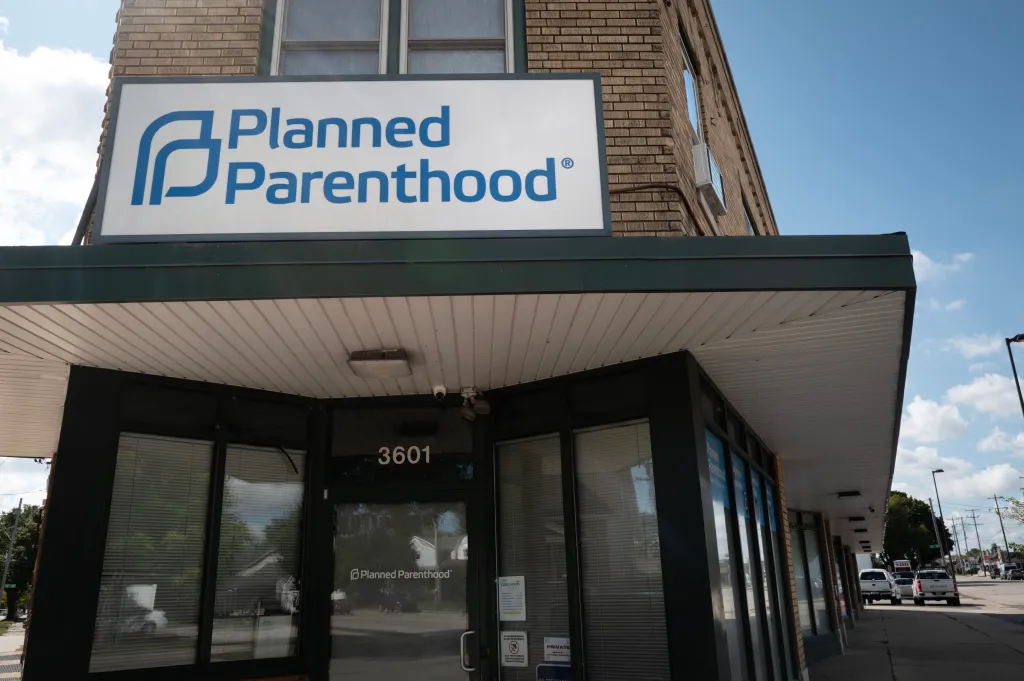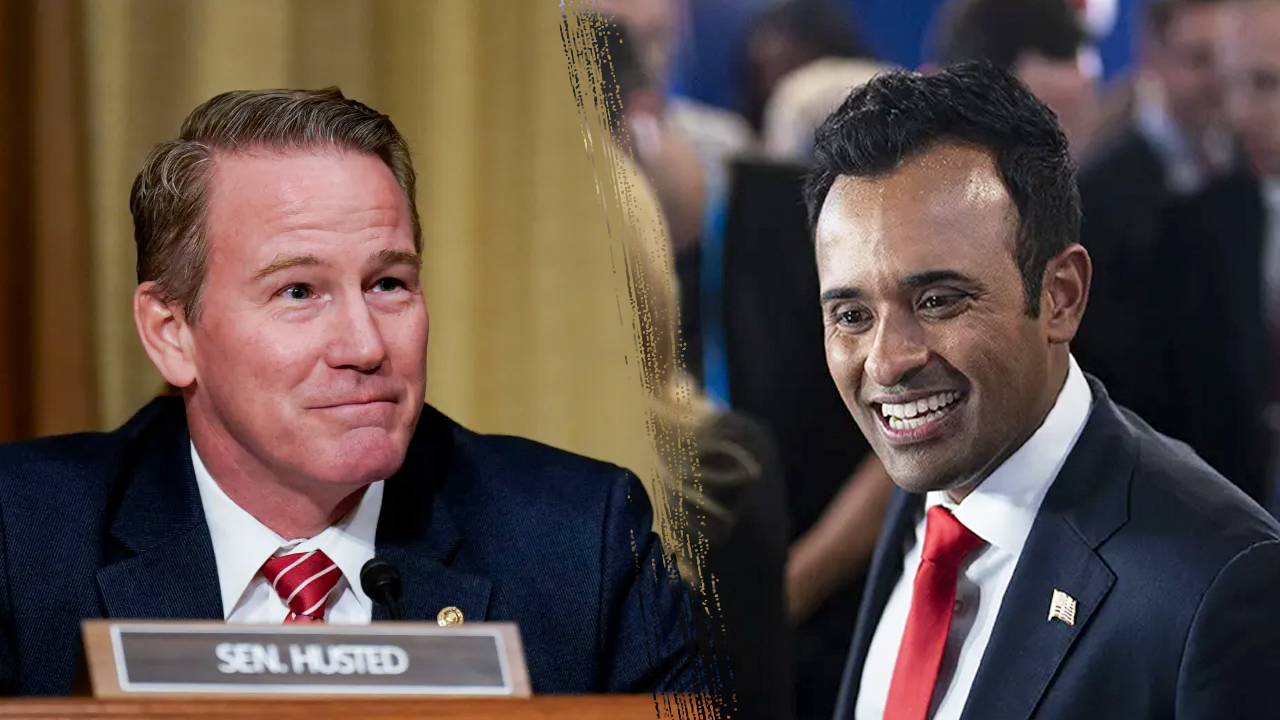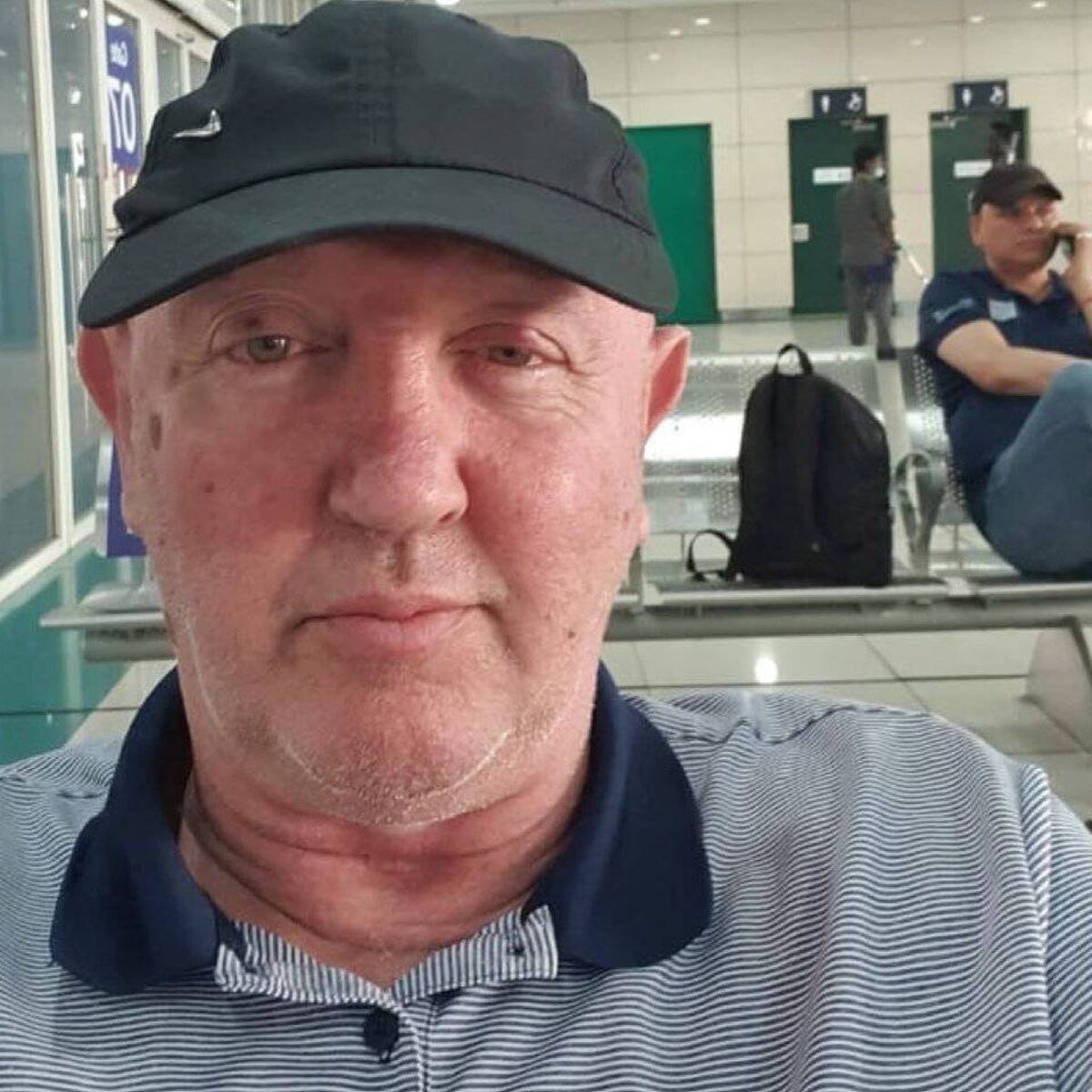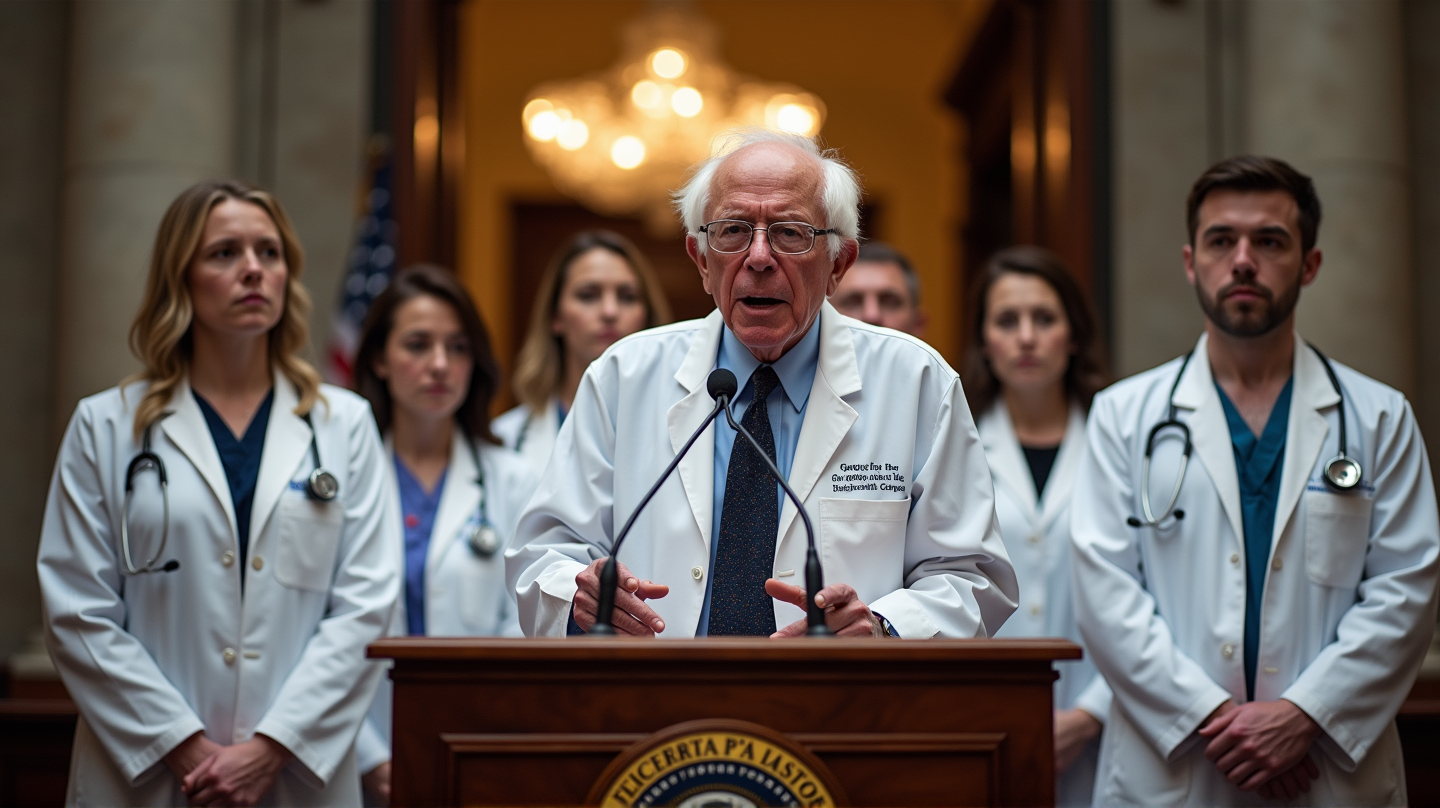
Illinois abortion providers say they’re preparing for a surge of out-of-state patients after Planned Parenthood of Wisconsin announced a pause on terminations starting next week, as the nonprofit grapples with Medicaid funding cuts in President Donald Trump’s tax and spending bill.
The move is the latest challenge to abortion access in neighboring Wisconsin, where the legality of ending a pregnancy — and availability of abortion care — has been in flux since the U.S. Supreme Court overturned Roe v Wade in 2022.
Each time abortion is halted or restricted there, waves of abortion seekers cross state lines into Illinois, which has long been known as an oasis of reproductive rights in the increasingly restrictive Midwest.
While local abortion clinics and reproductive health advocates believe they’ll be able to handle the anticipated flood of Wisconsin patients, they’re worried about capacity long-term as funding for abortion providers remains under siege nationwide.
“With the sharp reduction in abortion access expected in Wisconsin in less than a week, we anticipate a large influx of patients once again forced to travel to Illinois for this basic health care,” said Dr. Allison Cowett, medical director at Family Planning Associates, during a news conference Thursday at her clinic. “Patients and providers in Wisconsin have been riding this cruel and unnecessary roller coaster for far too long.”
The news conference included several local abortion providers and reproductive rights advocates, as well as Cook County Board President Toni Preckwinkle and state Rep. Kelly Cassidy, a North Side Democrat.
Planned Parenthood of Wisconsin said it will stop scheduling abortion appointments beginning Oct. 1 as the agency works to try to provide the service after passage of the Trump administration’s sweeping budget bill, which was signed into law in July and includes a one-year provision barring clinics that provide abortions from accepting Medicaid for any of their other services.
Federal funding for most abortions has already been prohibited for decades under the 1976 Hyde Amendment.
But the new restriction means Planned Parenthood patients won’t be able to use Medicaid coverage to pay for other forms of health care such as getting contraception, cancer screenings, sexually transmitted infection testing and postpartum care.
While the Medicaid cuts impact all Planned Parenthood affiliates, Planned Parenthood of Illinois officials say they don’t anticipate any new changes to services here.
In January, Planned Parenthood of Illinois announced the closure of four clinics across the state, citing a financial shortfall, though that was before Trump’s budget bill became law.
Planned Parenthood of Wisconsin officials say that in the coming days they’re trying to schedule as many patients as possible and coordinate with other abortion providers in the state.
Of Wisconsin’s five abortion clinics, three are owned by Planned Parenthood; this will leave only two remaining abortion clinics for the entire state of about 6 million people and both are located in Milwaukee.
“Planned Parenthood of Wisconsin is — and always will be — focused on putting our patients first,” said Tanya Atkinson, president and CEO of Planned Parenthood of Wisconsin, in a written statement. “Our commitment is unwavering: Planned Parenthood of Wisconsin will continue to provide the full spectrum of reproductive health care — including abortion — as soon and as we are able to. In the meantime, we are pursuing every available option — through the courts, through operations, and civic engagement.”
Dan Miller, state director of Pro-Life Wisconsin, said he was initially overjoyed when he learned Planned Parenthood of Wisconsin would be halting abortions, though he expects the remaining abortion clinics in his state will “get busier.”
Miller believes Planned Parenthood of Wisconsin’s main concern is access to Medicaid funding, not providing abortions.
“They care more about money than abortion access and they care more about money than they care about women,” he said. “They care more about money than they care about anything.”
He said “Pro-Life Wisconsin is going to be there for the women of Wisconsin, should they need help with their pregnancies,” and added that roughly 60 anti-abortion pregnancy resource centers statewide “are ready, willing and able to help these moms who are abortion-vulnerable.”
Abortion access has been particularly turbulent in Wisconsin after the 2022 fall of Roe, when all abortions temporarily ceased statewide due to an 1849 near-total ban on terminations.
Cowett said less than 3% of her clinic’s patients came from Wisconsin when Roe was intact but that jumped to 9% after it was overturned, with roughly 1 in every 12 patients travelling there from Wisconsin. The clinic had increased its facility size and staffing after the demise of Roe to handle the rush of new patients, she added, and that infrastructure will likely help with the next expected increase.
“They come by car, by bus and by plane to Illinois,” she said. “The single mom who works, cares for her children and takes classes online in the evenings to finish her bachelor’s degree. The high school student who arrives in Illinois with her parent, both of them looking to her future and her dreams of becoming a scientist. The woman who never wanted children and another without the resources to care for one more. … Each one seeks the abortion they need to live full, productive and meaningful lives.”
Abortion access was restored in Wisconsin in September 2023, after a Dane County judge found that the 1849 ban did not apply to consensual abortions. That decision was affirmed by the Wisconsin Supreme Court in July.
Reproductive rights advocates across the country were elated following the April Wisconsin Supreme Court race, when Democratic-backed candidate Dane County Circuit Judge Susan Crawford beat conservative Waukesha County Circuit Judge Brad Schimel, clinching a liberal majority.
Abortion rights were a central issue in the high-profile campaign, which drew contributions from out-of-state billionaires, including Illinois Gov. JB Pritzker and Elon Musk.
“Wisconsin is potentially in deep trouble” if the court’s newfound 4-3 liberal majority is undone, Pritzker had said prior to the election. “This is a battle that everybody understands will determine perhaps the future for Wisconsin politics in the next — certainly for the next several years.”
As for the looming decrease in Wisconsin abortion access, Chicago Abortion Fund Executive Director Megan Jeyifo called the federal funding cuts a “backdoor abortion ban implemented by the president of the United States.”
“A ban that once again rips away care in Wisconsin, my home state. Wisconsin is where my family lives, my community is and where I had an abortion I desperately needed at the age of 16,” she said. “This news, like so much of the news, is not just political. It is deeply personal.”
But she added that “Illinois is ready.”
“We will not abandon people when they need us,” she said.
In 2024, Illinois had the the highest number of out-of-state patients of any state with about 35,000 out-of-state abortions, according to the Guttmacher Institute, a pro-reproductive rights research group.
Adrienne White-Faines, Planned Parenthood of Illinois president and CEO, urged everyone in the reproductive rights field to plan for the future and work to “build up this capacity to continue the fight across the country, so that access can be expanded throughout.”
“We’re here now. But we don’t keep our eye off the long-term ball,” she said.
The Associated Press contributed.



